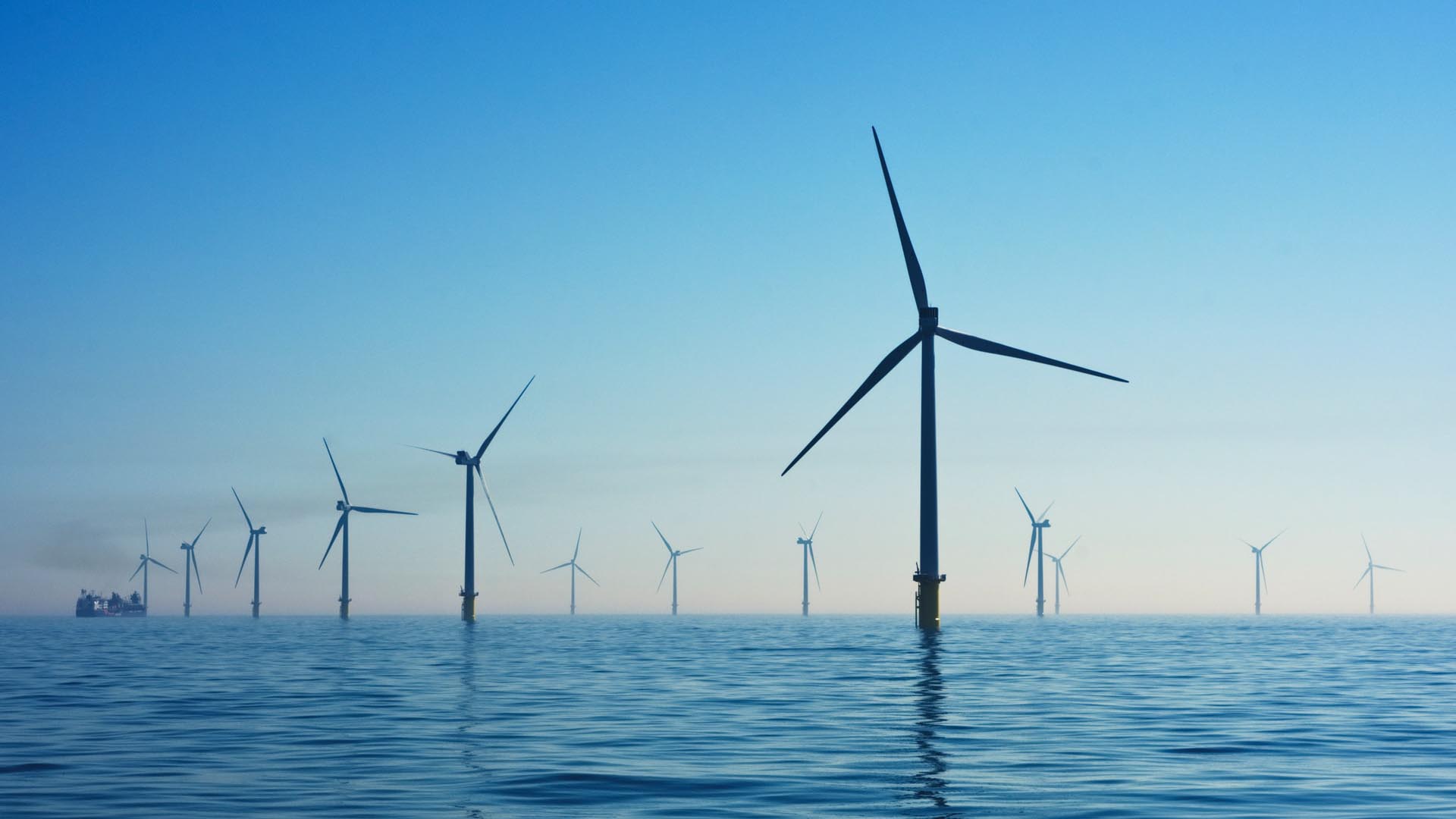HCMC – Vietnam has the opportunity to ride the wave of sustainability and become a major player in the region for energy and climate change solutions, said experts at the recent Smart and Sustainable Cities Forum 2021 organized by RMIT University.
Insights about the growing momentum and change in approaches to energy usage were discussed during the event’s panel discussion on Sustainable Energy and Climate Change Solutions.
A key area of concern is CO2 emissions that cities account for. With 70% of the global population forecast to be living in cities by 2050 and cities contributing to 70% of the global CO2 emissions, there is a strong need to invest in technologies and approaches to ensure greater sustainability.
A recent report of the International Energy Agency on the Empowering Cities for a Net Zero Future in 2021 indicated that by focusing on cities, nearly 90% of emissions can be reduced by 2050.
Dr Seng Kiat Kok, facilitator and Senior Program Manager of Human Resource Management and Entrepreneurship at RMIT University, suggested that such “changes have further ramifications for their populations, with health and wellbeing improving as a product of a cleaner environment”.
“Similarly, such changes have an impact on socio-economic conditions through not only more efficient and renewable energy sources but through job and expertise creation in these emerging energy industries,” he said.
Dr Kok said that with a drive toward net-zero emissions targeted by 2050, there is a growing emphasis on infrastructure development, a rethink of organizational culture and digital transformation in energy management in the country.
“Vietnam has already been one of the most efficient power markets in the region; its low-cost development places it ahead of other neighboring countries, and yet there are opportunities to enhance this even further,” he said.
A panelist and CEO of Vu Phong Energy Group, Pham Nam Phong, highlighted the value and focus on digitalization, where technology can help enhance energy efficiency, availability and reduce downtime.
Phong cited his company’s digital transformation and technologies as an example. “Vu Phong was able to achieve 99.9% of energy availability in its solar energy power plant in 2020, not only maximizing energy usage but also reducing waste,” he said.
“Indeed, with these changes and advancements, there are both environmental benefits and stronger economic opportunities. New providers and industries supporting the technological advancements and change toward greener sources of energy look forward to benefiting from a new and growing marketplace.”
Phong suggested that recycling opportunities, as a product of waste from modern technologies, provide avenues for a circular economy, effectively enhancing the cycle of sustainability.
Dr Kok noted that as businesses and consumers in the region are becoming more sustainability aware, Vietnam can begin its current industrial revolution with stronger green credentials in mind.
“Kantar’s 2021 Asia Sustainability Foundational Study indicates that 53% of consumers have stopped buying products or services that have a negative impact on the environment and society,” Dr Kok said.
“As such, not only are large businesses and industries looking at alternative eco-friendly options for energy sourcing, the customer appetite for cleaner and more sustainable considerations is also expanding. Kantar Worldpanel’s review in 2020 highlighted that sustainability is among the top five key concerns of the Vietnamese people.”
What was strongly evident from the panelists was the role that individuals play in driving the climate change agenda.
Dr Kok introduced the initiatives from the United Nations Development Program’s (UNDP) Youth4Climate and GreenID as examples of organizations seeking to advocate and foster the voice of younger generations.
“Youth4Climate has established a Youth Learning Hub to promote greater awareness and empower and support ‘youth champions’ in driving sustainable energy in Vietnam,” he shared.
“Partnering with GreenID, both organizations are also keen to enhance digital tools and digital access in facilitating the climate change response, ultimately building youth capacity toward the future, focused on sustainable and renewable energy sources.”
Climate Change and Circular Economy Officer for UNDP Vietnam Morgane Rivoal said that a key aspect of the Youth4Climate initiative in Vietnam is to work with key organizations in the country and “expand the youth understanding of the challenges associated with climate change and to build capacity in undertaking and leading climate action”.
Executive Director of GreenID Nguy Thi Khanh stressed that while it needs some time for policies to change to address some of these issues around sustainable energy sources toward pushing firms to incorporate a net zero focus, “we as energy users also have the power to make these changes”.
“We have to find a way for both energy users and firms to desire and see the benefits of using clean energy,” Khanh said and suggested that changes must emerge from both suppliers and end-users of energy to achieve such goals.
Dr Kok emphasized the ample opportunities to develop grassroots awareness as well as environmental champions of the future, supporting and positioning Vietnam as a highly viable country for ethical and responsible business practices.
“Alongside the United Nations’ Sustainable Development Goals, there is a strong alignment to build and add to current energy capacity developments and critical mass, while still keeping an eye on sustainability,” he said.
“Ultimately, these initiatives and successes will position the country as both an ethical and responsible destination for business in the future,” he added.









